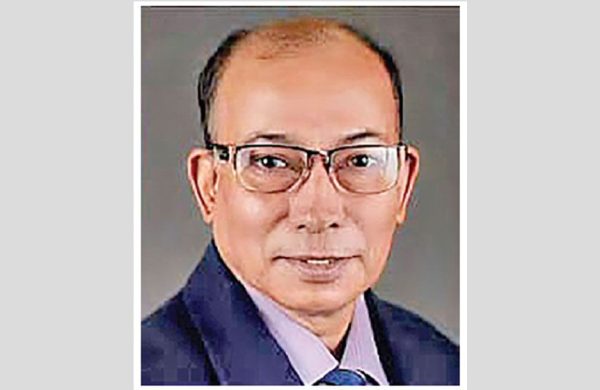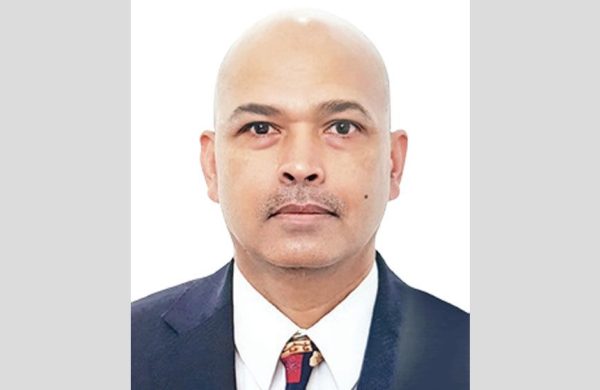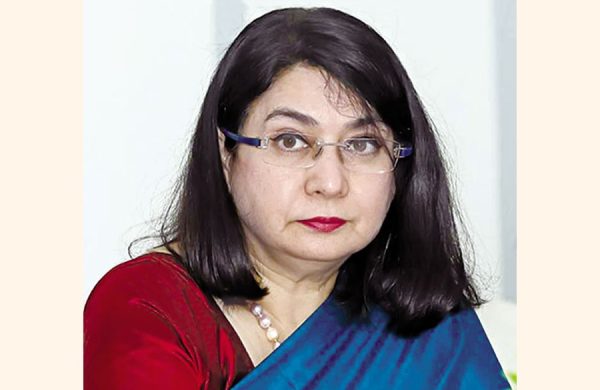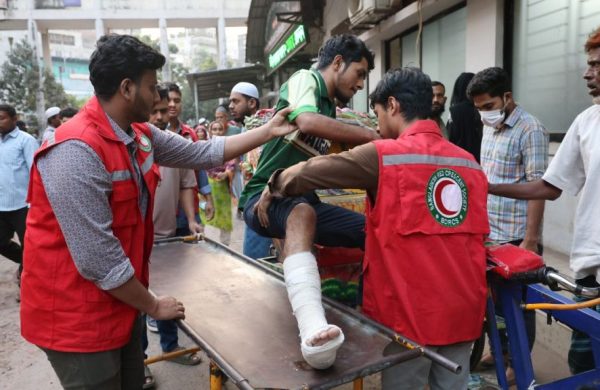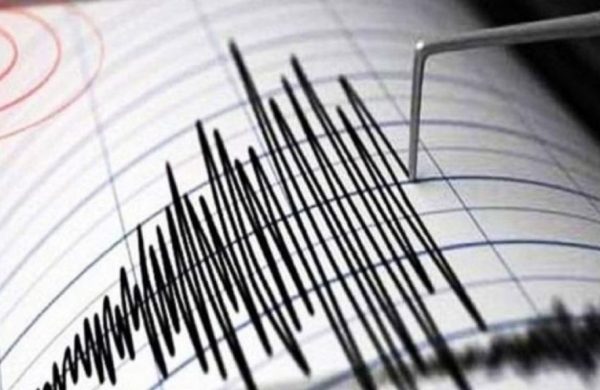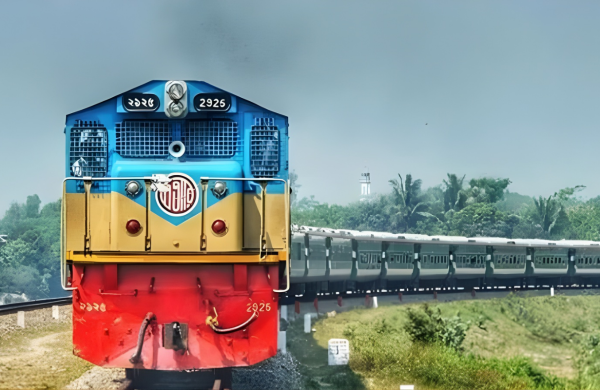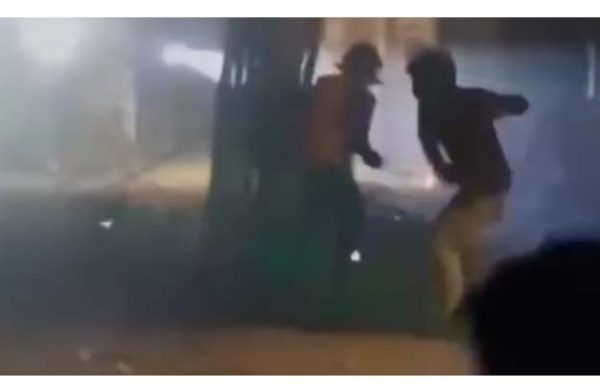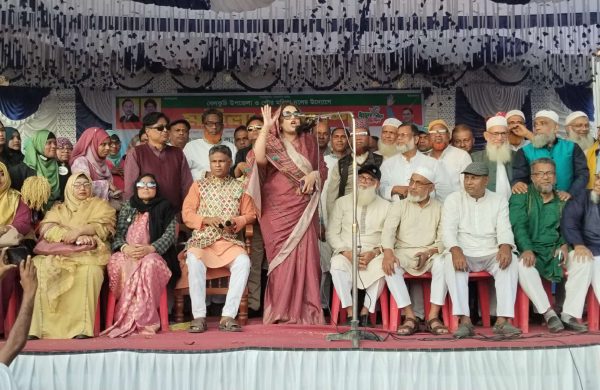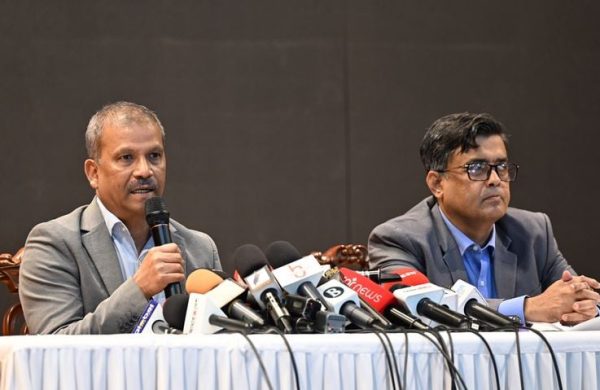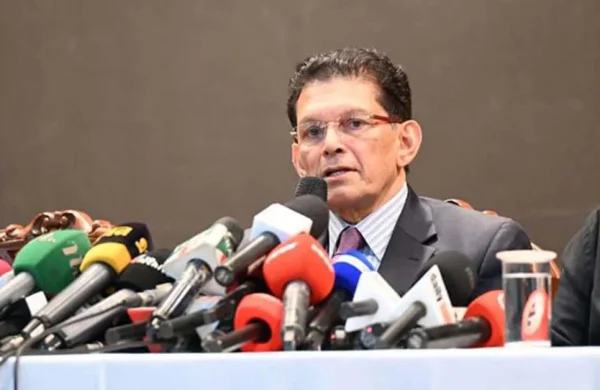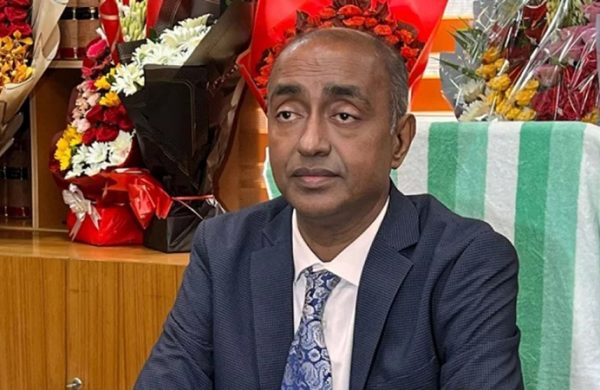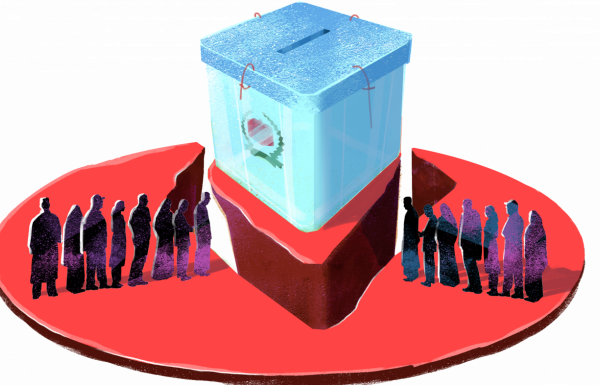The helpless masses in distress
- Update Time : Wednesday, October 15, 2025
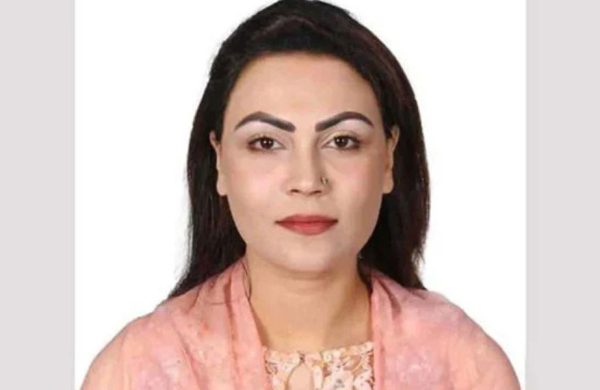
—Audite Karim—
It has been fourteen months since the interim government assumed power, and the nation’s policymakers now appear to be focused on the upcoming election. Many observers believe the advisers are seeking a smooth and secure way out, while others accuse them of prioritizing their personal interests. Almost every day, the advisers make new remarks in the media about their eventual exit, fueling an ongoing exchange of accusations and counteraccusations throughout the country.
Political parties, meanwhile, are deeply engaged in their own calculations for gaining power. The air is thick with discussions about PR strategies, referendums, and the so-called “July Charter.” But amid all this political arithmetic, where are the ordinary people? How are they doing? Does anyone have the time or intention to find out?
The country’s economy, politics, and society are all in a state of strange instability. This turbulence has directly affected the lives of ordinary citizens. There is no income, no jobs, businesses are stagnant, prices are soaring uncontrollably, and a sense of insecurity looms everywhere — together turning everyday life into a never-ending nightmare.
A day laborer wakes up in the morning hoping to find work but returns home empty-handed. A small trader opens his shop and waits for hours, yet no customers come. An industrialist feels helpless. There is no environment conducive to investment. Businesspeople are being harassed in various ways.
Many have had their bank accounts frozen for months. Investigations drag on endlessly, turning into ugly campaigns of character assassination. Seeing this, no one dares to invest. New employment opportunities are almost nonexistent. A young graduate scans job advertisements daily but finds no secure future. This is not the story of one person — it is the harsh reality for millions.
Recent data from the Bangladesh Bureau of Statistics shows that a large portion of the working-age population is either unemployed or underemployed. Economic growth figures are far from encouraging. The rural economy, small industries, and even urban small businesses are all facing recession. The only relief has been the rise in remittances, but with declining overseas employment, even that source of comfort looks uncertain. The world is shrinking for Bangladesh — visas are becoming harder to get, and young people are growing increasingly frustrated, losing faith, drive, and dreams. Many who once lived on their daily earnings are now trapped in debt. Providing for families, paying for children’s education, or caring for elderly parents has become almost impossible.
People are burning in the fire of inflation. The cost of living is now beyond reach. The prices of essentials like rice, lentils, oil, salt, and vegetables continue to climb. Government reports claim that inflation has risen only slightly, but anyone visiting a market knows that incomes no longer match expenses. Many are forced to borrow at the beginning of the month just to buy groceries, only to run out of money before month’s end. The middle class is slipping into poverty, and the poor are living in miserable conditions.
Along with the shortage of capital, the market now suffers from a lack of confidence. Political uncertainty, administrative complexity, and insecurity are driving away foreign investors. Small and medium enterprises are shutting down one after another. The same bleak situation prevails in rural markets — no buyers, no flow of money. Shopkeepers who once returned home with smiles after a good day’s sale now sit idly, staring at unsold goods.
This economic stagnation is not just a story of numbers — it’s about the survival of thousands of families.
Adding to the economic crisis is the growing sense of social insecurity. Mugging, extortion, and mob violence are increasing at an alarming rate. Despite the presence of law enforcement, people do not feel safe. Going out at night has become risky, and even during the day, people move in fear. Pedestrians, shopkeepers, and even students are falling victim to crimes.
For over 14 months, educational institutions have been gripped by unrest — student protests, teacher demonstrations, and clashes among students have repeatedly disrupted academic activities. Recent incidents of mob violence have created new fears in society. When people begin to take justice into their own hands, faith in the legal system erodes — and that distrust sows the seeds of anarchy.
In our society, poverty is no longer just the absence of food; it is the erosion of dignity, the loss of security, and a deep uncertainty about the future.
Corruption has not decreased; rather, new forms of corruption make headlines every day. Mainstream media, clouded by fear, has wrapped itself in a cloak of self-censorship. On social media, truth and rumors blend so seamlessly that it’s hard to tell one from the other. People are losing hope, feeling deceived and betrayed.
Not long ago, the international community overwhelmingly supported Bangladesh’s interim government. World leaders showered Chief Adviser Dr. Muhammad Yunus with congratulations — perhaps more than any previous head of government had ever received. But now, the tone has changed. Disappointment over Bangladesh is echoing even in international circles. The latest Human Rights Watch report bears testimony to that. Many Western countries are now saying Bangladesh has missed yet another opportunity.
While the state is preoccupied with policymaking and political parties are busy with their power games, ordinary citizens are directionless. The country seems to be walking toward an uncertain future. The state’s fundamental responsibilities — ensuring citizens’ security, employment, and a fair standard of living — are being neglected. The wider the gap between policy and reality grows, the faster public trust erodes.
If the state does not stand beside its people, social stability collapses. When anger, frustration, and insecurity reach their peak, they inevitably erupt into social unrest. The only way forward is to embrace the hopes and aspirations of the people — to listen to their voices, understand their feelings.
And the most powerful means to do that is through a free, fair, and inclusive election. Elections allow political leaders to directly engage with citizens, understand their expectations, and, if victorious, work to fulfill them within a given mandate.
That is why Bangladesh has no alternative to elections. Political parties must avoid any trap that might derail this process. Let their debates and disagreements go before the people. The power to decide must rest with the citizens.
It is they — the people — who should decide what they want. Without an election, it is the people who will suffer the most.
———————————————————————–
Audite Karim – Writer & Playwright Email: [email protected]


